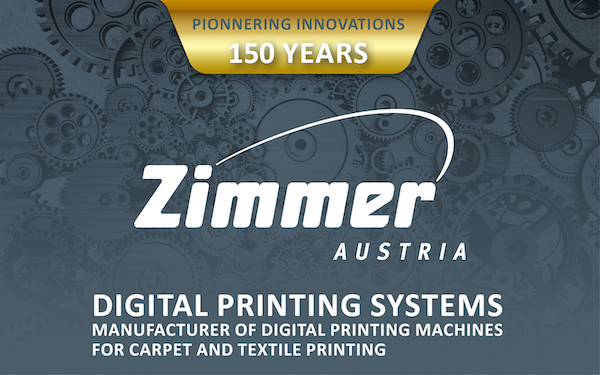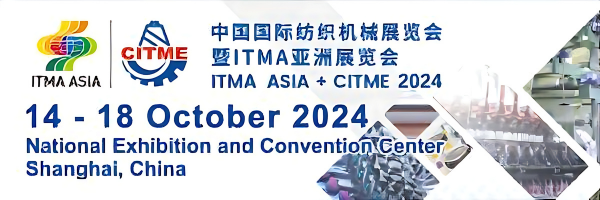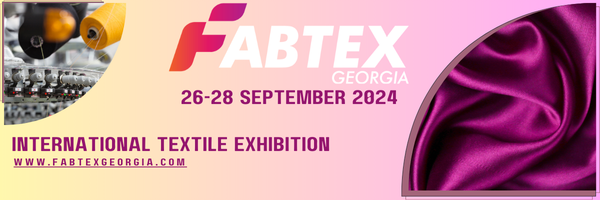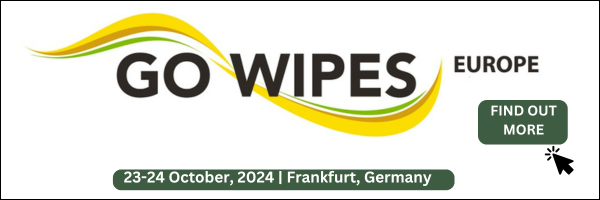A new type of pure synthetic leather meets the high requirements of the European Ecodesign Regulation. Made from a bio-based plastic, it is biodegradable and meets the requirements for a closed recycling process.
Many synthetic leathers consist of a textile substrate to which a polymer layer is applied. The polymer layer usually consists of an adhesive layer and a top layer, which is usually embossed. The textile backing and the top coat are usually completely different materials.
Woven, knitted, or nonwoven fabrics made of PET, PET/cotton, or polyamide are often used as textile substrates. PVC and various polyurethanes are commonly used for coatings. The use of these established composite materials does not meet today’s sustainability criteria. Recycling them by type is very costly or even impossible. They are not biodegradable. The search for alternative materials for the production of artificial leather is therefore urgent. In 2022, the EU adopted the Sustainable Products Initiative (SPI) (“Green Deal”). It includes an eco-design regulation that considers a product’s life cycle in the conservation of resources. For textile and product design, this means incorporating closing the loop or end-of-life into product development.
In an AiF project carried out in close cooperation between the DITF and the Freiberg Institute gGmbH (FILK), it has now been possible to develop a synthetic leather in which both the fiber material and the coating polymer are identical. The varietal purity is a prerequisite for an industrial recycling concept.
The aliphatic polyester polybutylene succinate (PBS) was recommended as the base material because of its properties. PBS can be produced from biogenic sources and is now available on the market in several grades and in large quantities. Its biodegradability has been demonstrated in tests. The material can be processed thermoplastically. This applies to both the fiber material and the coating. Subsequent product recycling is facilitated by the thermoplastic properties.
In order to realize a successful primary spinning process and to obtain PBS filaments with good textile mechanical properties, process adjustments had to be made in the cooling shaft at the DITF. In the end, it was possible to spin POY yarns at relatively high speeds of up to 3,000 m/min, which had a tenacity of just under 30 cN/tex when stretched. The yarns could be easily processed into pure PBS fabrics. These in turn were used at FILK as a textile base substrate for the subsequent extrusion coating, where PBS was also used as a thermoplastic.
With optimized production steps, PBS composite materials with the typical structure of artificial leather could be produced. Purity and biodegradability fulfill the requirements for a closed recycling process.

















